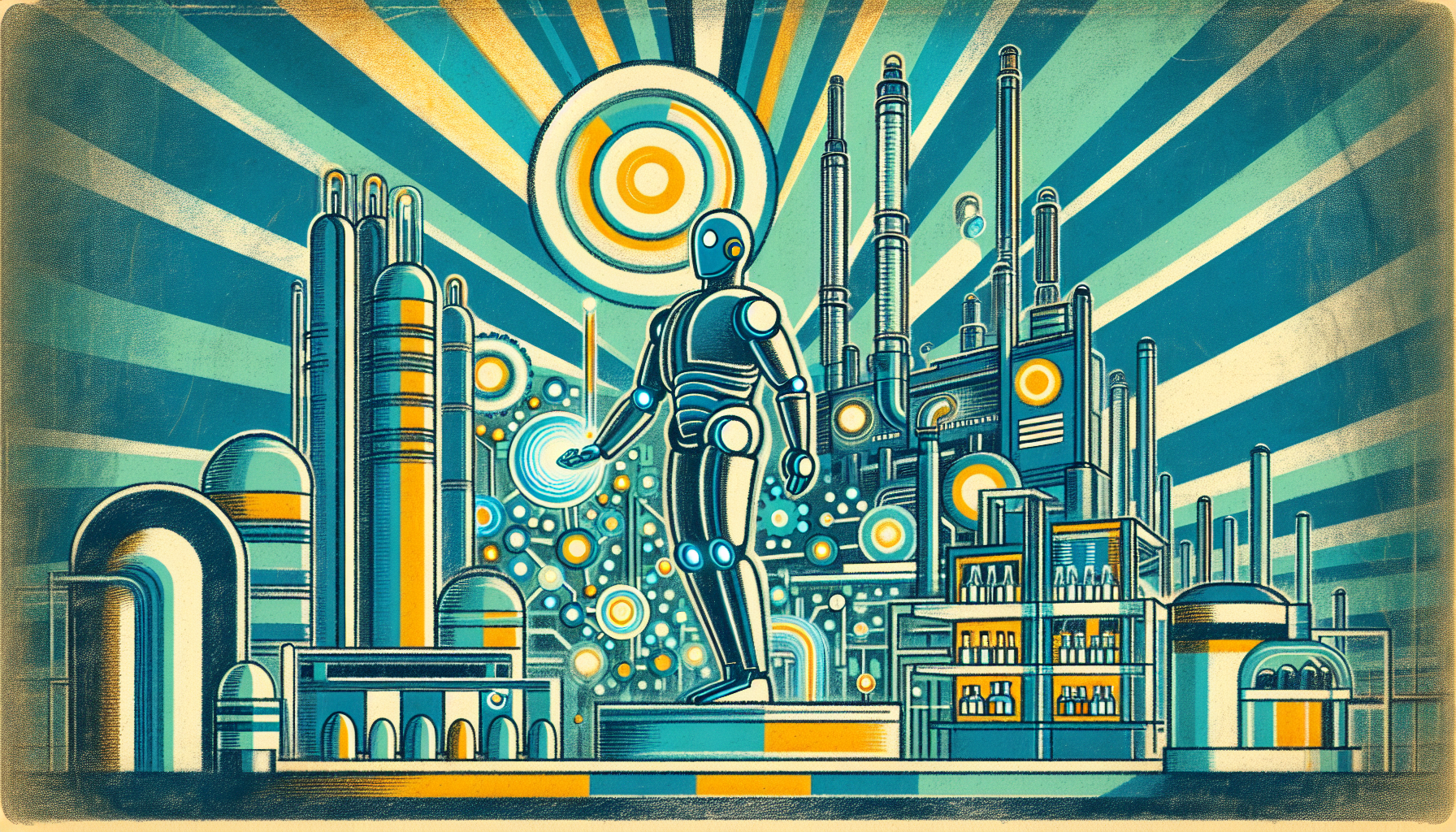AstraZeneca has revealed a significant overhaul of its manufacturing and supply operations, propelled by state-of-the-art technology and artificial intelligence, at [London Tech Week](https://londontechweek.com). The pharmaceutical firm aspires to establish a ‘self-healing’ supply chain, which it intends to rank among the top 10 most innovative and sustainable supply chains globally by 2030. Nevertheless, despite this ambitious goal, apprehensions linger regarding its practicality and the potential consequences for employment stemming from automation.
David Baxter, AstraZeneca’s lead for global operations strategy and transformation, mentioned, “Our goal is to transform manufacturing and supply through AI.” AstraZeneca, recognized for its offerings and $54bn (£40bn) revenue anticipated in 2023, functions in 117 nations and aims to introduce 20 new medications worldwide in the upcoming years. To achieve this aim, the enterprise is putting funds into digital twins, low-latency computing, and generative AI.
The notion of a ‘self-healing supply chain’ is based on predictive analytics, extensive automation, and self-operating generative AI agents. These agents might function independently of human supervision, reacting to variations and disturbances to lessen risks. The concept of AI-driven decision-making without human intervention raises moral and operational dilemmas.
AstraZeneca is also implementing digital twins to emulate production processes and factory workflows, boosting efficiency by diminishing chemical reaction stages and solvent consumption. Additionally, large language models are being employed to streamline regulatory documentation across various countries. However, merging AI with current data frameworks remains problematic due to the industry’s ongoing data silos.
The company’s advanced technology agenda includes the creation of AI agents capable of replicating human cognition and working collaboratively on tasks, a development that has implications throughout the industry. Edge computing solutions are also under exploration to reduce latency and energy use in production facilities.
If achieved, AstraZeneca’s approach could result in accelerated drug development cycles and diminished environmental effects, potentially transforming the pharmaceutical sector. The firm expects substantial decreases in manufacturing expenses by 2030, alongside pledges to carbon neutrality and decreased water consumption.



